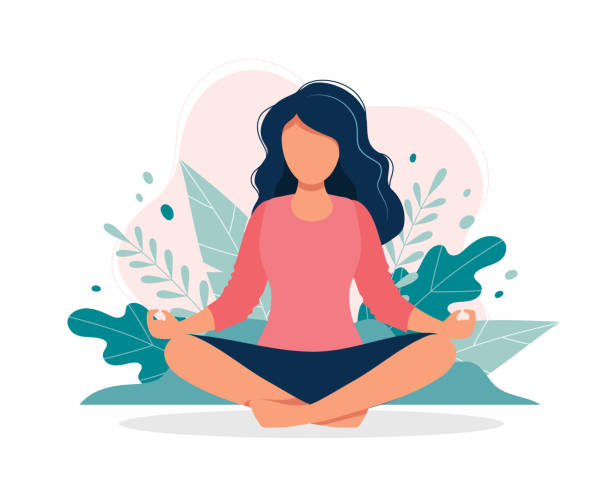Empower Your Wellness Journey
Discover tips and insights for a healthier lifestyle.
Yoga: Stretching More Than Just Your Body
Unlock the hidden power of yoga! Discover how stretching transforms not just your body, but your mind and spirit too. Dive in now!
The Mind-Body Connection: How Yoga Transforms Your Mental Health
The mind-body connection is an intricate relationship that plays a crucial role in overall well-being. Yoga, with its combination of physical postures, breath control, and meditation, serves as a powerful tool to enhance mental health. Research has shown that regular yoga practice can significantly reduce symptoms of anxiety and depression. According to a study published in NCBI, individuals who participated in yoga classes reported lower levels of distress and improved emotional regulation. These benefits underscore how integrating yoga into one’s routine can foster a healthier mind.
Moreover, yoga promotes mindfulness, allowing practitioners to become more aware of their thoughts and emotions. This increased awareness enables individuals to respond to stressors more effectively, rather than reacting impulsively. By focusing on the present moment, yoga encourages a greater sense of peace and acceptance. A systematic review in Psychology of Sport and Exercise highlights that regular yoga practice leads to enhancements in self-esteem and quality of life. Embracing this practice not only transforms physical health but also nurtures mental resilience.

Beyond Flexibility: The Emotional Benefits of a Regular Yoga Practice
While the physical aspect of yoga, such as increasing flexibility and strength, is widely recognized, the emotional benefits of a regular yoga practice are equally transformative. Engaging in yoga provides a consistent opportunity to pause, breathe, and become present, which can significantly reduce feelings of anxiety and stress. According to a study published in PubMed Central, individuals practicing yoga regularly report lower levels of stress and enhanced emotional well-being. This mindfulness practice encourages introspection and emotional regulation, fostering a deeper understanding of one's feelings and reactions.
Moreover, regular yoga can foster a greater sense of community and support. By participating in group classes, practitioners can connect with like-minded individuals, creating a network of friendships and support that extends beyond the mat. As outlined in an article by Yoga Journal, these connections can enhance feelings of belonging and security, which are crucial for emotional health. Ultimately, the emotional benefits of a dedicated yoga practice transcend flexibility, leading to a more balanced and fulfilled life.
Is Yoga Just for the Fit? Understanding Its Accessibility and Inclusivity
Is yoga really just for the fit? This common misconception can deter many individuals from exploring the numerous benefits of yoga. In reality, yoga is a practice designed for everyone, regardless of their fitness level. With a variety of styles ranging from gentle and restorative to more physically demanding forms, there’s something to suit all body types and abilities. The key lies in finding the right class and instructor who can guide each individual on their personal journey. For those who may feel intimidated, community resources or local studios often offer introductory classes specifically catered to newcomers.
In addition to physical adaptability, yoga is deeply rooted in principles of accessibility and inclusivity. Many studios and organizations are actively working to make yoga practices available to everyone, including those with disabilities or health conditions. Initiatives such as Yoga for All focus on providing resources and training to teachers so they can create supportive environments for all students. Embracing yoga doesn't mean you need to be in peak physical condition; rather, it's a continuous journey towards greater awareness of your own body and mind. By breaking the barriers around who can practice yoga, we can foster a stronger, more inclusive community.